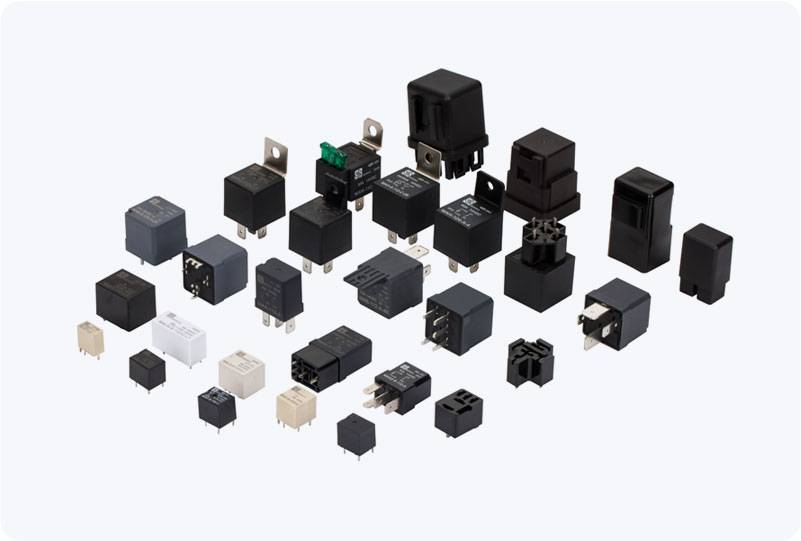The Motor Starter Relay plays a crucial role in the operation and protection of electrical motors, particularly in industrial settings. It is part of a motor starter system that ensures motors start smoothly, run efficiently, and stop safely. This article aims to explore the Motor Starter Relay, its components, and how it contributes to motor protection and control.

What is a Motor Starter Relay? A Motor Starter Relay is an electrical device used to control the operation of an electric motor, especially during the starting and stopping phases. It works in conjunction with a contactor and overload relay, forming an integrated motor control system. The main function of the relay is to ensure that the motor starts and stops under safe and controlled conditions, while also providing protection against potential faults. When the system is activated, the relay engages to close the motor’s circuit, allowing current to flow to the motor, initiating its start-up process. Conversely, when the system is deactivated, the relay opens the circuit, cutting off power and stopping the motor. Additionally, the motor starter relay also helps protect the motor from damage caused by overloads or other electrical faults.